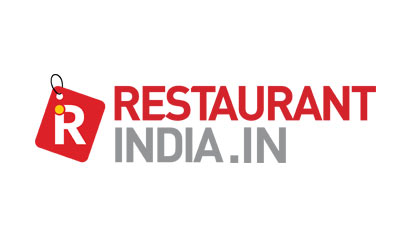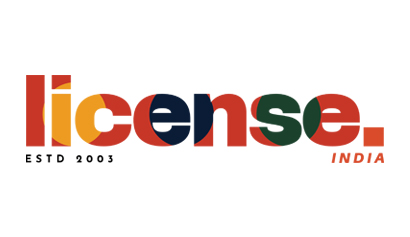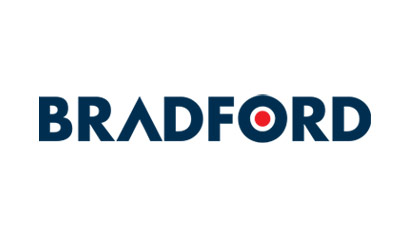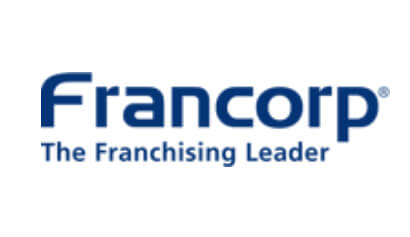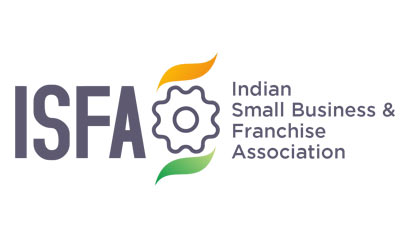To get access to over 10000+ Franchise Business Opportunities.
Network with the growing Business Community to get expert interventions to let you learn to Grow & Expand your Business with Franchising.
Take a look at the pros and cons of both consignment and outright sales, before opting for either of the two. Often a dilemma surfaces before a business, whether to go for consignment sales or opt for outright sales. Both the modes have their benefits and
Business perspective
Selling a product on outright basis by the franchisor is much safer as the entire stock is transferred to the franchisee, and he/she has to tender the entire amount of money for the stock before the delivery. This ensures the money of the franchisor is secure.
Whereas consignment is sending goods to another, but the franchisor retains ownership until these are sold. The franchisee sells the goods for the franchisor. The retailer/ franchisee may return to the franchisor the unsold merchandise. But the franchisor gets no money until the goods with the franchisee are sold. The franchisor cannot control the damages also. As the consignees/franchisees do not invest in the inventory, they are not motivated to sell the products. The liability for any loss related to the goods is the consignor's. However, the franchisor has the right to decide the stock merchandise at the franchise store level.
Legal perspective
But before you decide on the action, read the legal dimension of both as well. By selling via outright model the franchisor need not worry for getting the insurance of the franchisee's stock as the goods is now the responsibility of the franchisee. Also, there is no obligation for the franchisor to offer the stock correction in the outright model.
Now, let's take a look at consignment sales. In consignment sales the relation between the two parties is that of consignor/franchisor and consignee/franchisee and not that of buyer and seller. That's, the consignor/franchisor is entitled to receive all the expenses in connection with the consignment. Also, the consignee/franchisee is not responsible for damage of goods during transit. The profit or loss belongs to the consignor/franchisor only. In this model, the consignee/franchisee takes possession of the goods subject to a trust; in buying outright he takes all the risk. The legal agreement binds the franchisee to return the stock while quitting the franchise relationship. However, in case of franchisee leaving the business, the franchisor is left with few options for getting his stock or his money back. Unlike in the outright model, the exit policies are less complex and the burden of stock clearance also lies with the franchisee. The franchisor must be doubly cautious before sending the goods on consignment to the franchisee. He/she should take proofs of Aadhar Card, etc., and a host of other measures to ensure safety of his interests.
Finance perspective
After considering both the business and legal viewpoints, let's look at the finance viewpoint also. Outright sales usually attract central sales tax (CST). CST is applicable only in the case of inter-state sales (outright sales). It is levied on turnover, which in turn is computed on the basis of the sale price. But the biggest advantage of consignment sale is that it does not attract any CST.
Suman Dutta is Senior Consultant-Strategy, Francorp.
By selling via outright model the franchisor need not worry for getting the insurance of the franchisee's stock as the goods is now the responsibility of the franchisee.


Business Opportunities
Browse By Investment Range
Browse By States
Popular Cities






